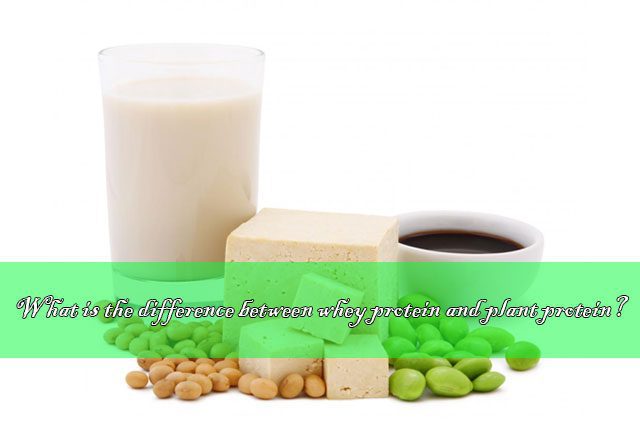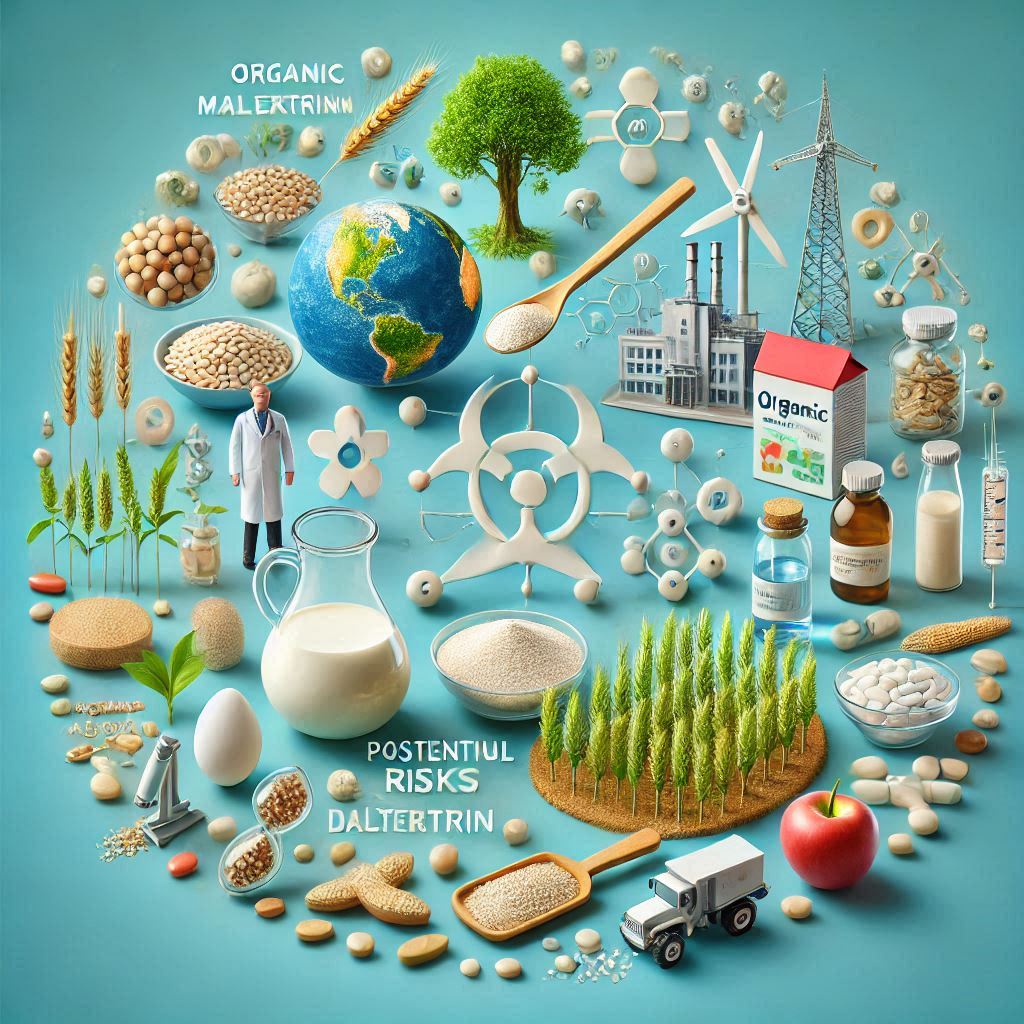For athletes and fitness enthusiasts, how to eat is as important as how to practice. In terms of how to eat, protein intake is the top priority. Previously, the most common protein supplement on the market has been whey protein. However, in recent years, manufacturers have also continued to develop protein products from other sources for everyone to choose from, such as beef, fish, hemp hearts, and beans.
For vegetarians, if there is a need for protein supplements for reasons such as fitness and exercise, it is not difficult to buy plant sources now. But is there any disadvantage to plant protein compared with animal protein? Can it achieve the same effect as animal protein supplements?
In fact, plant protein has many benefits that animal protein does not have, and these benefits are not yet understood by the fitness community. Whether your goal is to pursue body shaping or athletic ability, plant protein can play the same or better role in your muscle recovery and growth after hard training. This article will analyze the advantages and disadvantages of plant protein and whey protein to confirm this conclusion.

1. Digestibility and absorption
Whether it is easy to digest is a very important aspect of protein supplements, but it is usually overlooked. The speed of digestion will affect your training process. Slow digestion or even indigestion will affect absorption. It can also cause gastrointestinal discomfort. In severe cases, training will be interrupted.
Whey protein: If you are not allergic, whey protein should be no problem. At the same time, it digests quickly, so it can quickly provide you with muscle needs. But if you are unfortunately lactose intolerant, its digestion and absorption rate will be very low, and it will also bring you a bad experience of flatulence. To be ugly, it really went directly into the sewer in the end.
Plant protein: Most plant protein does not contain allergens, so there is almost no need to worry about it causing gastrointestinal problems. It is also easily absorbed and can provide a good anabolic environment for recovery after exercise.
2. Protein quality
The method of judging protein quality is generally to look at the amino acid content. If it contains all nine amino acids required by the human body, it is called a complete protein. Although there are still many details of controversy in evaluating protein quality in this way, it is undeniable that complete protein is definitely indispensable for muscle growth.
Whey protein: One thing that proponents of whey protein often boast about is that it is a complete protein, which is not wrong. But the problem is that in order to improve its taste and extend its shelf life, many manufacturers add any additives to it. The impact of these additives on fitness effects is not within the control of consumers. You can only be careful yourself.
Vegetable protein: One thing that vegetable protein is often attacked is that it is usually not a complete protein. But we don’t necessarily need to obtain all the essential amino acids from a single type of plant protein, and we can achieve the goal through matching. In addition, some plant proteins are complete proteins, such as pea protein.
3. Redundant nutrients
This refers to other nutrients besides protein, mainly fat and carbohydrates. For ordinary people, this is harmless, but not for fitness enthusiasts.
Whey protein: Traditional whey protein usually contains a small number of carbohydrates and fats. Some formulas contain higher saturated fats, while others have higher sugars. If you just gain muscle, this is not a big problem, but if you are in a fat-loss period and are following a low-carb diet, the extra sugar and fat mean a longer fat loss process. In extreme cases, some whey products claiming to be protein powders have ingredients similar to weight gain powders.
Vegetable protein: Vegetable protein contains at most a small amount of sugar complexes (such as rice protein), and usually does not contain saturated fat and refined sugar. In addition, plant protein supplements usually further reduce the carbohydrate content, so that what you eat will be almost pure protein.
4. Nutrient Density
Nutrient density refers to the content of nutrients per calorie. A certain food contains more protein, vitamins, and minerals, and the lower calories, the higher the nutrient density. This will create an ideal metabolic environment for muscle gain.
Whey protein: The nutrient density of whey protein is of course very high. But unless it is a special formula with added vitamins and minerals, the composition of whey protein is very simple: it is protein, plus a small amount of fat and carbohydrates.
Vegetable protein: Vegetable protein usually contains many additional nutrients (not a carbohydrate and fat), such as vitamin B, calcium, iodine, iron, omega-3 fatty acids, zinc, selenium, etc. Because plants absorb minerals from the soil, these ingredients naturally remain in the vegetable protein preparation. The ability of plant protein to provide these trace elements is completely unmatched by whey protein.
The high digestibility and absorption of plant protein, good protein quality, low redundancy, and high nutrient density determine that it should almost become the first choice for fitness and sports enthusiasts. Whey protein powder is good and has been popular for many years, but vegetable protein is gradually emerging. If you have protein supplement needs, whether you are a vegetarian or not, you should give it a try because it is good enough by itself.

